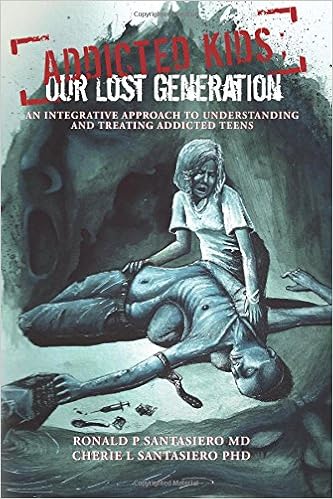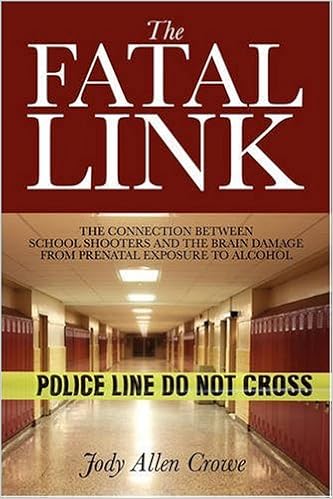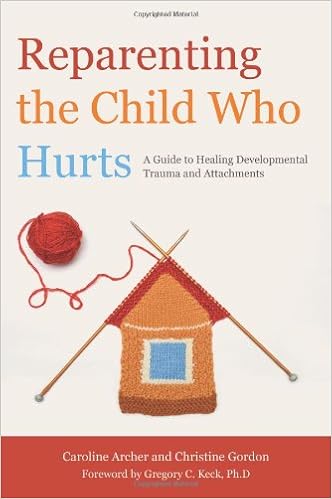A while ago Dean was reading an article about NeuroPlus, an affordable "homeowner" neurofeedback program, used for ADHD among other things. We have had an interest in neurofeedback as it is also used by therapists when a child or adult is dealing with trauma, however the cost has always been a drawback.
We contacted the NeuroPlus company and they agreed to give us special pricing in return for a review on my blog.
One of the things about the NeuroPlus that appealed to us was the fact that nothing is subconsciously or otherwise entering the brain, as can be the case with some forms of brain therapy. The NeuroPlus measures/senses your body movement and muscle tension which directly impacts how well you can perform the game. When you are relaxed and focused the game proceeds effortlessly but when you become tense or distracted, you lose points. The program is all about teaching your brain how to focus.
When we received the NeuroPlus, there was only one game available and our then 12 year old son grew a bit bored. However at least one new game has come out since we have it.
The NeuroPlus is an asset in training your brain to stay on task. It is not a quick fix, it is estimated that you will have to practice for 30 minutes for at least four weeks before you notice a significant improvement. I think this program has the potential to help many people.
We contacted the NeuroPlus company and they agreed to give us special pricing in return for a review on my blog.
One of the things about the NeuroPlus that appealed to us was the fact that nothing is subconsciously or otherwise entering the brain, as can be the case with some forms of brain therapy. The NeuroPlus measures/senses your body movement and muscle tension which directly impacts how well you can perform the game. When you are relaxed and focused the game proceeds effortlessly but when you become tense or distracted, you lose points. The program is all about teaching your brain how to focus.
When we received the NeuroPlus, there was only one game available and our then 12 year old son grew a bit bored. However at least one new game has come out since we have it.
The NeuroPlus is an asset in training your brain to stay on task. It is not a quick fix, it is estimated that you will have to practice for 30 minutes for at least four weeks before you notice a significant improvement. I think this program has the potential to help many people.









